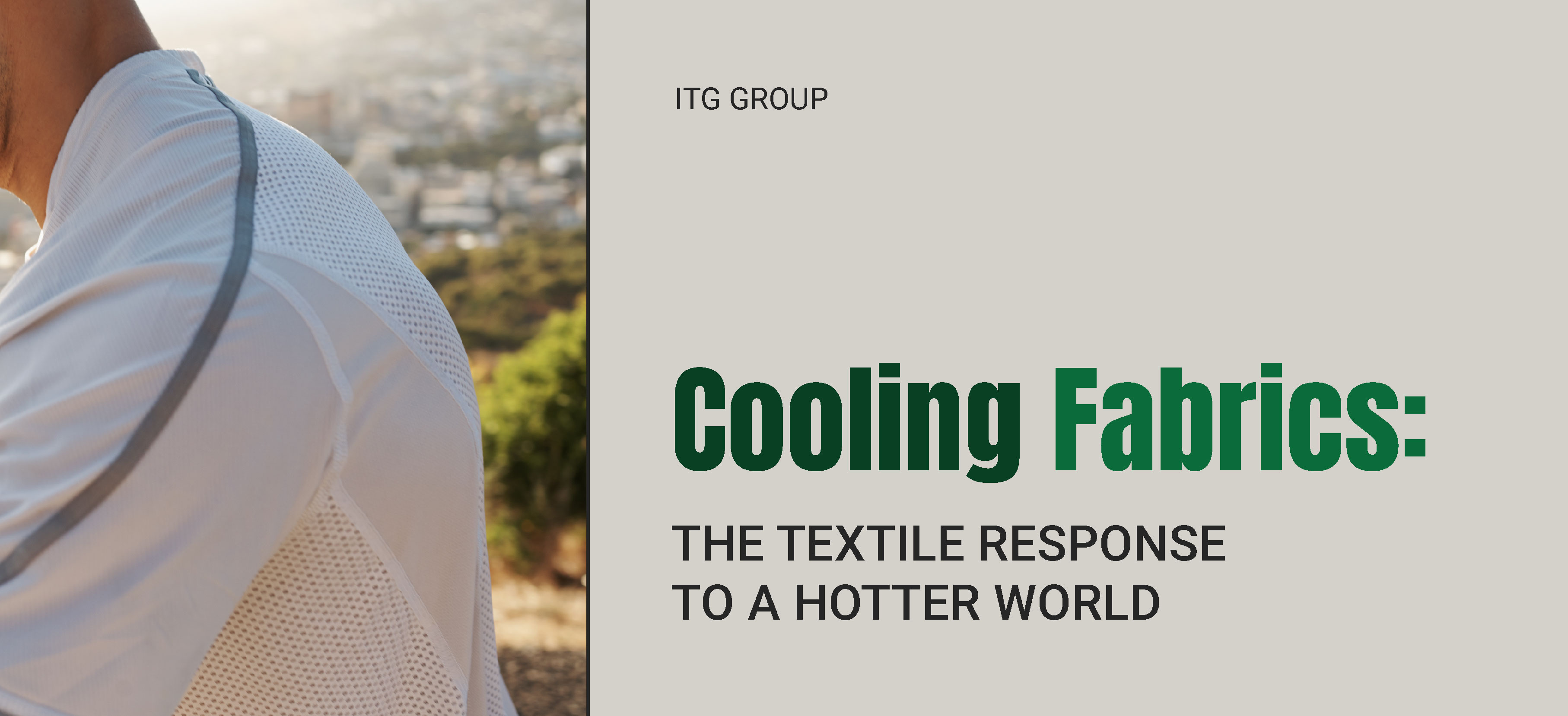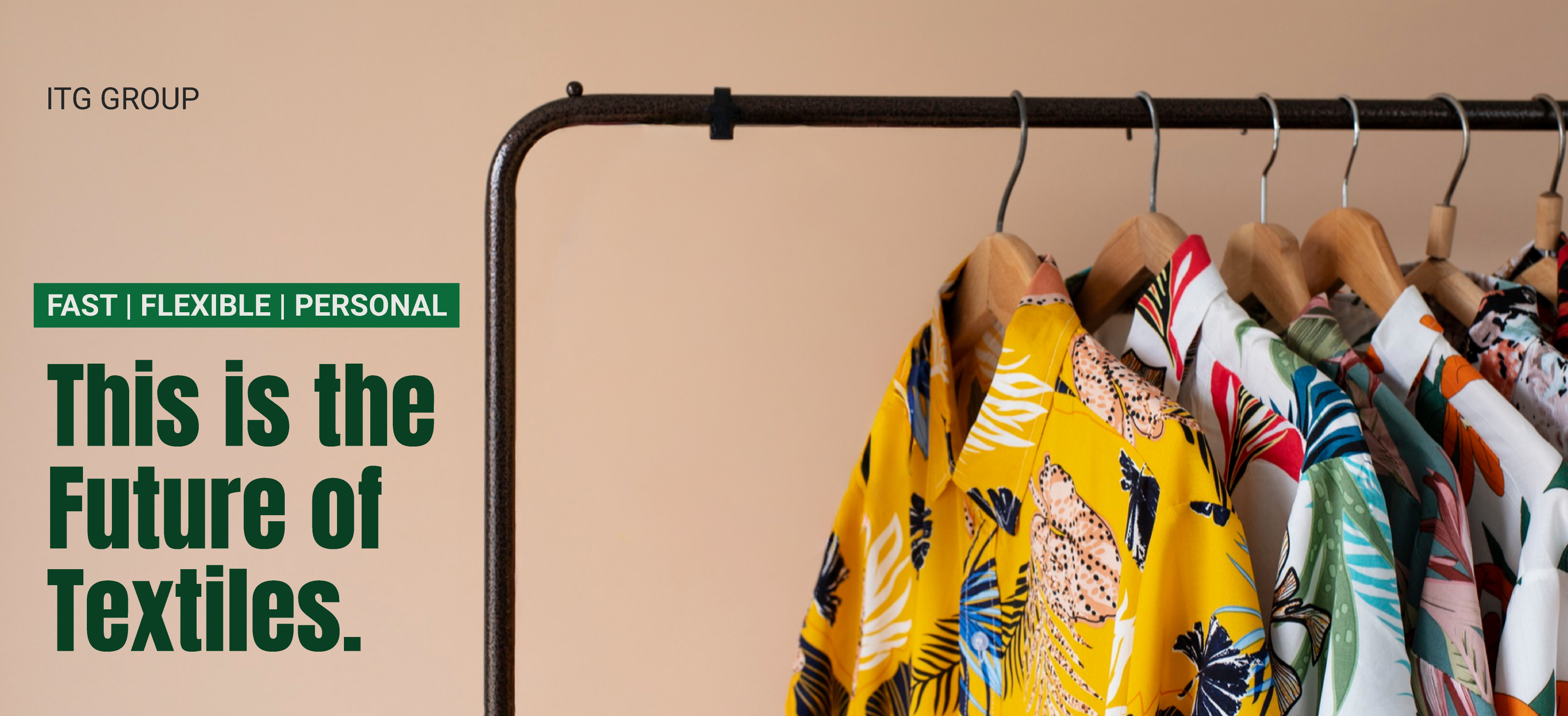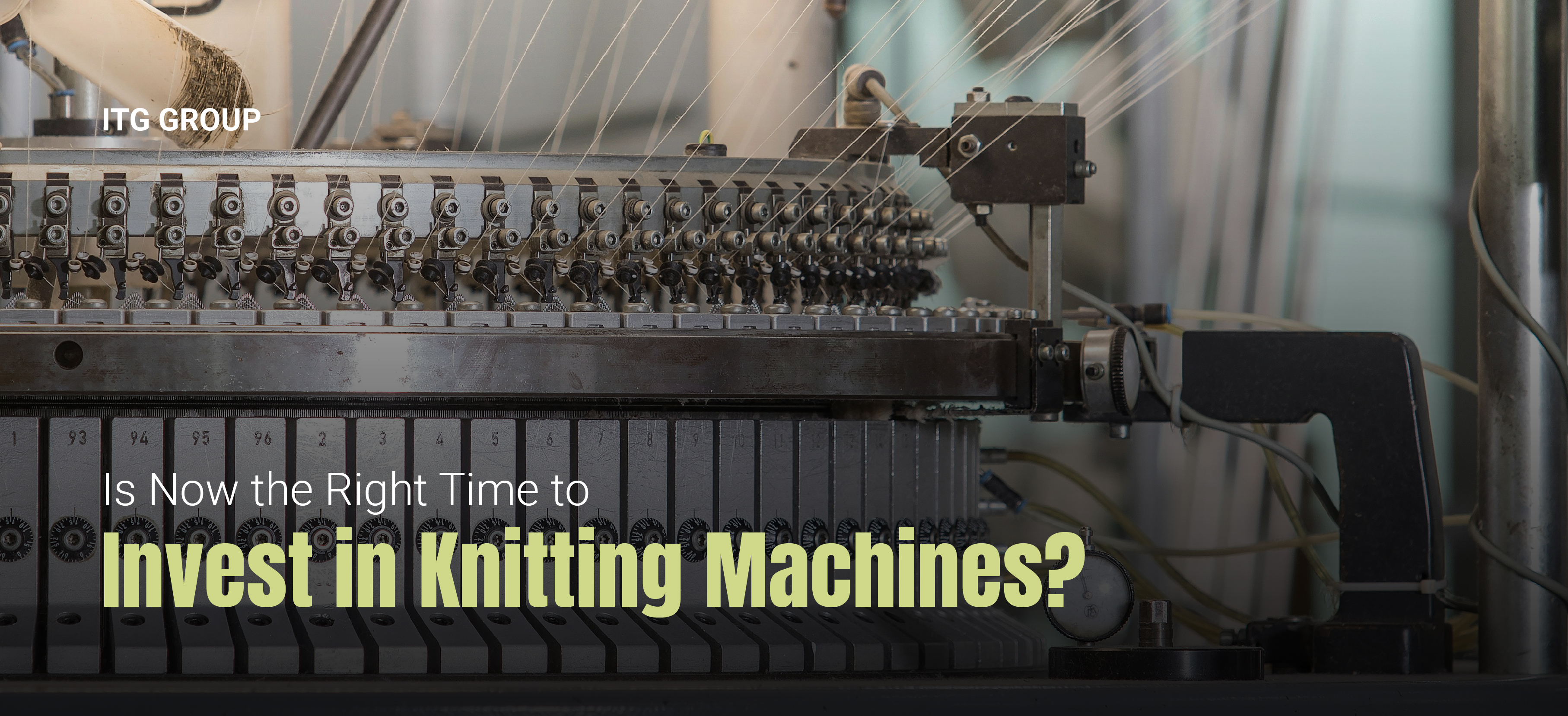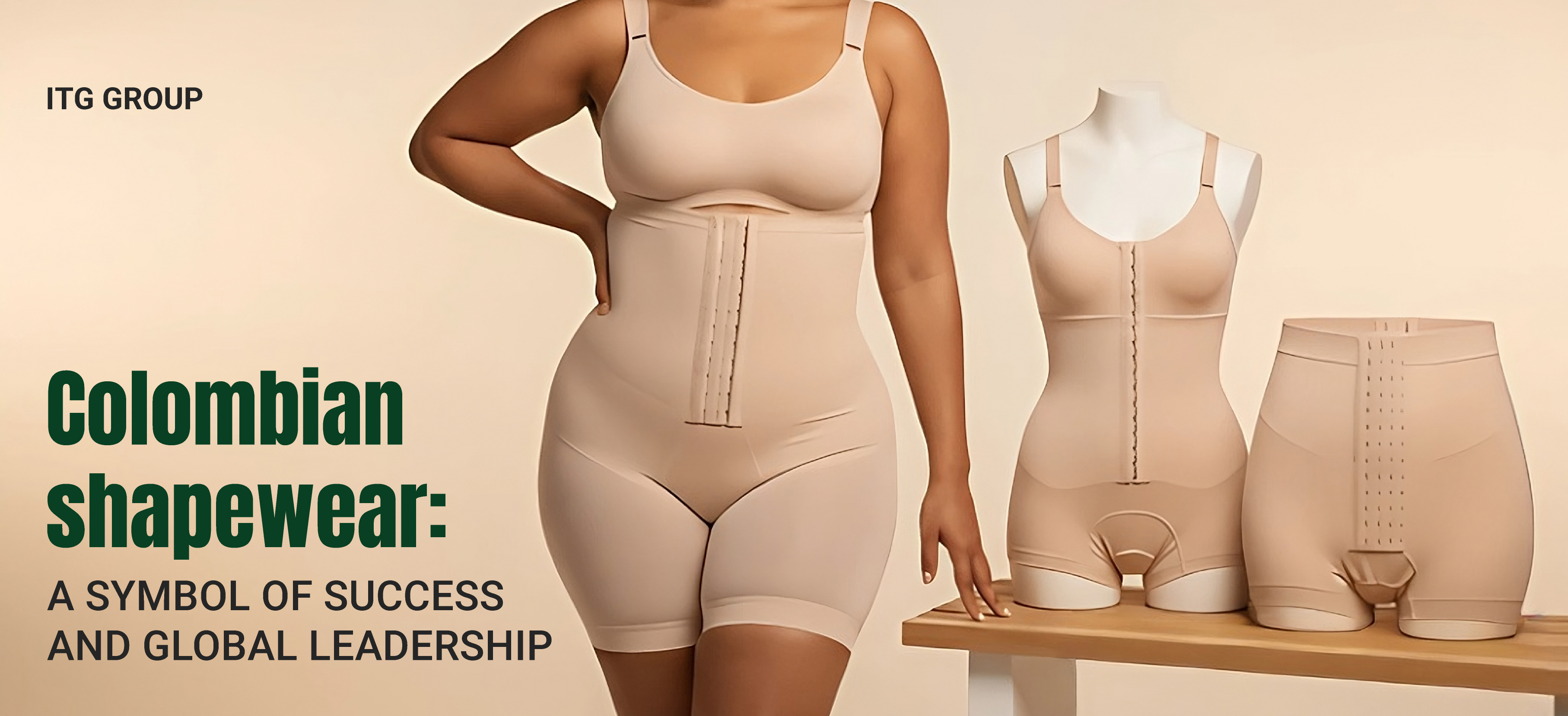- Innovazione
- Jan 08, 2026
- 0
Cooling Fabrics: The Textile Response to a Hotter World
As global temperatures rise and heat waves intensify, the textile industry is rapidly evolving to meet a new reality: thermal comfort is no longer optional. This has brought cooling fabrics — textiles engineered to regulate temperature, wick moisture, and dissipate heat — into mainstream demand. What was once exclusive to performance sportswear has now expanded into everyday fashion, workwear, and even medical textiles.
According to leading market research, the global cooling fabrics market was expected to reach US$ 3.59 billion in 2025, driven by the need for breathable, temperature-regulating textiles in hotter climates. Projections indicate that the market could grow to US$ 3.67 billion by 2030, maintaining a steady growth of around 7–8%, supported by climate adaptation, innovation in materials, and shifting consumer expectations.
Why Cooling Fabrics Are Rising
• Climate pressure: Rising global temperatures and urban heat-islands make cooling textiles essential for comfort and safety.
• Active lifestyles: The boom in outdoor activity and fitness increases demand for breathable, quick-dry, moisture-managing garments.
• Beyond sports: Cooling fabrics are now widely used in everyday casualwear, uniforms, protective clothing, bedding, and healthcare applications — a sign of how broad the need has become.
How Cooling Fabrics Work
Cooling fabrics use a variety of advanced technologies:
• Moisture-wicking synthetics (polyester and nylon blends) that pull heat and sweat away from the skin.
• Phase-change materials (PCMs) — microcapsules that absorb, store, and release heat as temperature fluctuates.
• Breathable knits, mesh structures, and cooling chemical finishes that enhance airflow and heat dissipation.
Where They’re Used Today
• Sportswear & athleisure: Still the largest application segment.
• Workwear: Especially in construction, industrial labor, and hospitality in hot regions.
• Casualwear & loungewear: Consumers want comfort that adapts to temperature.
• Medical & protective textiles: Helps reduce heat stress for patients and staff.
As cooling fabrics become a defining force in the textile landscape, staying informed is key for manufacturers looking to remain competitive. At ITG Group, we are committed to keeping our clients up to date on the latest shifts in materials, technology, and market demand — providing clarity for medium- and long-term decision-making. By understanding where the industry is headed, producers can better prepare, invest wisely, and adapt their operations to meet the expectations of a rapidly changing global market.
- Innovazione
- Dec 15, 2025
- 0
Fast. Flexible. Personal. This is the Future of Textiles.
In a world where consumers expect faster turnarounds and greater personalization, the textile industry is undergoing a profound shift toward modular, rapid production systems. No longer satisfied with off-the-rack assortments, many buyers now demand garments with custom fits, adjustable features and unique styles — and textile manufacturers are adapting accordingly.
At the heart of this transformation lies modular production architecture: machines, fabrication lines and design workflows built not for long-runs of one style, but for quick changeovers, multiple variants and mass-customization. Unlike traditional production that uses fixed processes, modular systems allow manufacturers to switch fabrics, colors, sizes and even structures with minimal downtime. Research on modular garment systems shows that a small set of “building blocks” (modules) can be recombined to create a wide range of styles, essentially enabling customization at scale.
Complementing modular design is rapid configuration — the ability to set up production machinery quickly, based on simulations or digital models rather than trial-and-error sampling. For example, the European research project MODSIMTEX developed systems to simulate textile structures and machine settings in advance, thereby reducing the time required to configure setups for new product variants.
Why are these changes critical? For one, today’s consumer doesn’t wait eight to twelve months for a new style. They expect updates seasonally (or micro-seasonally), customizations and quicker fulfillment. Modular and rapid systems reduce lead times and enable smaller lot sizes — matching demand for personalization while maintaining cost-effectiveness. Secondly, these systems support variety without cost explosion: by standardizing modules and digitizing configuration, manufacturers maintain efficiency while offering more variants. An academic study on production scheduling in personalized fashion goods showed that manufacturers who optimize for flexibility rather than just volume can deliver both customization and speed.
In practice, what does this look like on the factory floor? You’ll see a textile-machinery line with swappable cylinders, automated adjustments, and digital models that define machine settings in minutes. Teams move seamlessly between one style and the next. A garment may be assembled from modules — detachable sleeves, interchangeable panels or modular closures — reducing waste and enabling personalization without rebuilding the line for each variant.
For textile machinery manufacturers and suppliers like ITG Group, the implication is clear: the future of production lies not only in faster machines, but in machines built for flexibility, modularity and personalization. Supporting fabrics and garments that shift with consumer desires means supporting the entire value-chain of textile manufacturing in motion and those who adapt their machines, workflows and mindset to this shift will lead the next wave of textile innovation.
Source: arvix.org
- Innovazione
- Nov 19, 2025
- 0
Is Now the Right Time to Invest in Knitting Machines?
The textile industry has always been driven by innovation. From mechanical looms to today’s advanced systems, every leap in technology has reshaped how fabrics are produced, improved efficiency, and expanded design possibilities. Among the most impactful innovations of recent decades are modern knitting machines, which play a central role in producing seamless garments, high-performance fabrics, and versatile knitwear. But is now truly the right time to invest?
According to Consegic Business Intelligence, the global market for large knitting machines is expected to grow from USD 1.24 billion in 2022 to USD 1.92 billion by 2030, representing a compound annual growth rate (CAGR) of 5.7%. This steady increase reflects rising demand for knitwear across multiple segments, including sportswear, athleisure, medical textiles, and technical fabrics.
The popularity of comfortable, stretchable garments, combined with the expansion of on-demand production, has created a favorable environment for knitting machines. Digital customization and shorter production cycles are reinforcing the need for equipment that adapts quickly to changing consumer trends.
While growth projections are promising, investment decisions must go beyond the numbers. Insights from industry analyses highlight that return on investment (ROI) depends largely on selecting the right type of machine and aligning production capacity with demand.
Modern knitting machines offer the flexibility to produce different types of fabrics using the same equipment by simply installing interchangeable cylinders. Each cylinder allows for variations in gauge and structure, enabling manufacturers to shift from lightweight fabrics to heavier knits without investing in multiple machines. This system not only maximizes the versatility of production but also reduces the need for large-scale equipment fleets, making it easier for companies to adapt quickly to changing market demands.
Equally important is aligning investment with actual production needs. Overestimating capacity can delay ROI, while underestimating demand risks missing growth opportunities. Companies should carefully evaluate their product lines, target markets, and access to reliable technical support before making a purchase.
With global demand for knitwear on the rise and ongoing technological improvements making knitting more efficient and flexible, this is a favorable moment to invest. Still, the most successful outcomes will come from businesses that combine optimism about market growth with disciplined planning.
At ITG Group, we support this journey by offering high-quality knitting machines, second-hand equipment in excellent condition, and a complete range of spare parts and accessories. Whether you are upgrading, expanding, or maintaining your production, we provide the solutions to help your textile business thrive.
Sources:
https://www.consegicbusinessintelligence.com/large-circular-knitting-machine-market?
- Innovazione
- Oct 17, 2025
- 0
Colombian shapewear: a symbol of success and global leadership
Shapewear has become one of the flagship products of Colombian fashion. The country is not only recognized for its creativity and quality in clothing manufacturing, but has also established itself as the leading exporter of shapewear garments in the Americas and the second largest worldwide, behind only China.
This leadership was not achieved overnight. Since its inception, when so-called “cinturillas” (waistbands) were the most common items, the industry has evolved into a diverse portfolio that includes bodysuits, control jeans, sets, and one-pieces. Today, these garments not only serve an aesthetic function, but also have medical and post-operative applications, further expanding their market.
According to figures from DANE, in 2024 Colombia exported more than 1,300 tons of shapewear and control garments, with a value of over $54 million. The main destinations for these exports are the United States and Mexico, markets where Colombian design, quality, and innovation have been widely accepted. In addition, the sector has managed to maintain annual business of more than $55 million on average, demonstrating its stability and capacity for growth.
The success of shapewear is part of a broader context: the sustained growth of the Colombian fashion industry. According to figures from Inexmoda, in the first half of 2025, the country recorded a 3% increase in its textile and fashion exports. Colombia leads South America in the export of products such as underwear and jeans, ranks first in flat fabric garments in the region, and is the leading exporter of swimwear in South America and the second largest in Latin America and the Caribbean. These figures reflect a sector that has grown by 7% in the last five years, consolidating itself as an economic engine and ambassador of national innovation.
In this ecosystem, knitting looms play a key role in the creation of high-quality fabrics for the manufacture of shapewear. ITG Colombia, as a leading company in textile machinery, offers knitting looms that allow companies to produce fabrics with elasticity, resistance, and comfort, essential characteristics for control garments that conquer international markets. This technology ensures that manufacturers can offer a competitive, high-quality end product.
The international recognition of Colombian shapewear is due to several factors: the use of quality raw materials, the development of state-of-the-art textile technologies, and the ability of designers and manufacturers to combine functionality with aesthetics. In addition, the rise of trends related to wellness, functional fashion, and sustainability has further boosted demand.
In conclusion, shapewear is not just a successful product: they represent the ability of Colombian fashion to compete and lead on the global stage. With constant innovation, entrepreneurial vision, and a commitment to quality, this segment will continue to be a source of pride for the country and an opportunity for growth in the textile and apparel industry.
Source: https://co.fashionnetwork.com/news/Las-fajas-y-prendas-de-control-colombianas-al-alza,1763442.html

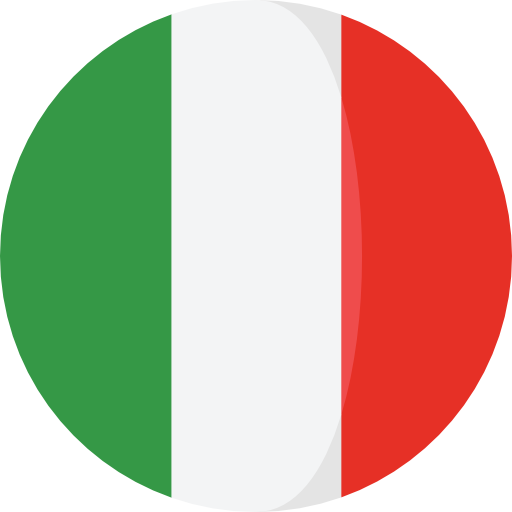 Italiano
Italiano
 Inglese
Inglese

